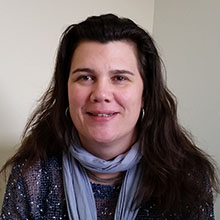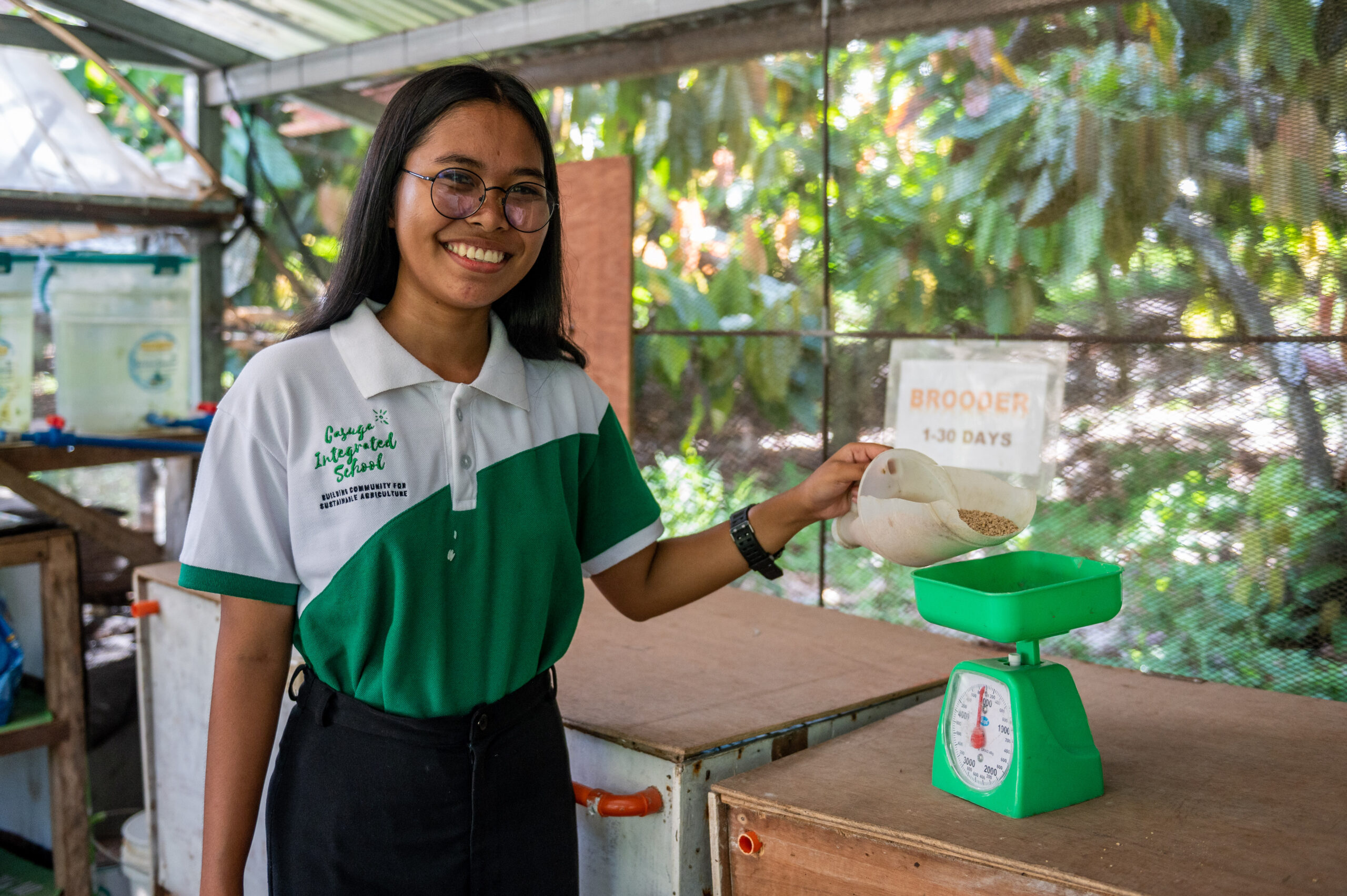Our World, Our Work
Our 10-year mission to support 1 million youth in their pursuit of sustainable jobs.

Project Director:
Focus Area:
Youth & Workforce Development
Services:
ImplementationPolicy
Duration:
2022-Present
Across the globe, 1.8 billion young people—the largest potential youth workforce in history—are preparing to enter a workforce reshaped by rapid technological, environmental, and demographic changes. Their success will determine not only future economic growth but also progress toward healthier oceans, cleaner energy, and more resilient communities worldwide.
In response, governments, businesses, and education systems are seeking clear and scalable pathways into the blue and green economies, as well as the resources to train young people with scientific literacy, digital fluency, and core work-readiness skills needed to fuel those sectors.
To meet this moment, EDC launched Our World, Our Work, a global initiative with public, private, and training sector partners to address the youth employment crisis head-on. Through hands-on training, curriculum design, and labor market assessments, the program helps ensure that young people have the knowledge, competencies, and skills to navigate and thrive in a fast-changing world.
Our World, Our Work is our response to a unique opportunity: to drive employment, reduce poverty, and foster lasting prosperity for everyone. It’s also our commitment. Over the next decade, we aim to accelerate youth employment and entrepreneurship in high-growth blue, green, and established sectors, with the goal of securing quality, future-ready jobs for 1 million young people worldwide.





